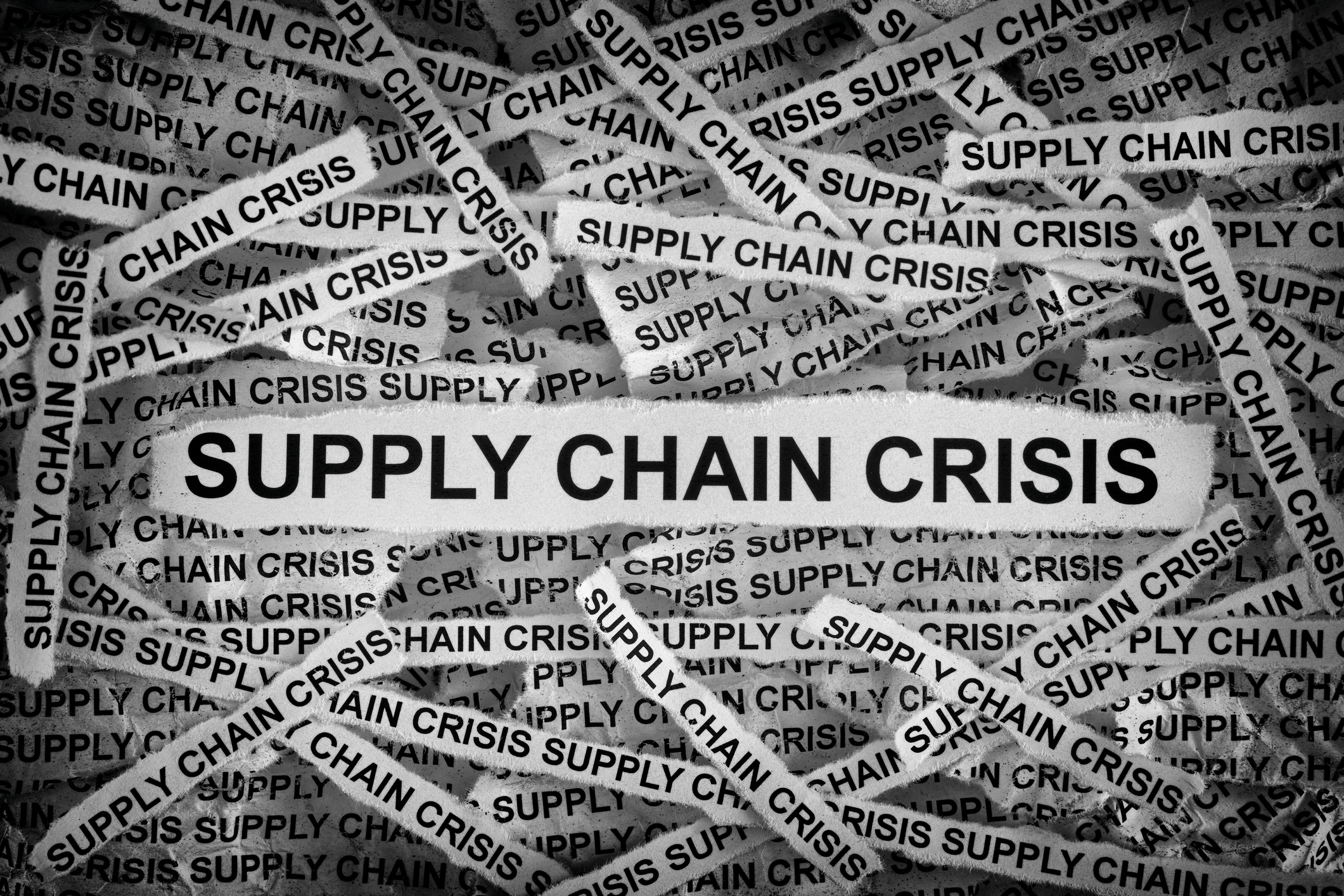Did you ever REALLY wonder what is being done by our federal government and other stakeholders to combat the current drug shortage situation? This past June 12th, representatives from various government agencies as well as industry leaders and the Duke-Margolis ReVAMP Drug Supply Chain Consortium (with yours truly participating on the expert panel) met to discuss policy solutions to improve the reliability of U.S. drug supply chains. In-person attendance quickly hit the pre-registration capacity with an impressive ~600 virtual registrants. The message from the top came from Christen Linke Young of the White House Domestic Policy Council, highlighting not only the recognized importance of the situation but the actions currently being implemented.
The Duke-Margolis team introduced four panels to highlight current and planned actions to mitigate this decade-old problem. Several themes resonated with the in-person and virtual attendees; these messages included:
- Interagency cooperation is critical.
- There is no one agency or policy that can fix this complex problem in a silo.
- A strong public-private partnership is needed to mitigate a complex problem that affects a global supply chain.
The consortium reviewed emerging legislative initiatives such as the draft legislation to prevent and mitigate generic drug shortages (Chairman’s News | The United States Senate Committee on Finance). This bipartisan effort marks an important step in increased understanding of the different layers of the industry and that one size does not fit all. Lachman Consultants has been active in the education of the industry as well, encouraging stakeholders to recognize that any mitigations will need to be adapted for brand drugs, sterile generics, and oral solid dosage (OSD) forms and require interagency coordination, for example, when the DEA and FDA cooperate to manage shortages of controlled products, such as the stimulant medications used to treat ADD that are currently in shortage. Public-private cooperation enters the picture as agencies provide oversight but cannot mandate manufacturers into actual production.
Although the FDA has been able to proactively work with payors and industry to prevent 236 drug shortages in 2023, the American Society of Health Systems Pharmacists (ASHP) recently reported that shortages have reached an all-time high (323 medicines are presently in short supply). The economic challenge is highlighted by the fact that “56 percent of drugs in shortage in 2023 cost less than $1 per unit,” as reported by ASHP.
Much has been discussed to date but more must be accomplished. Several tools and initiatives have been introduced, and progress has been made on this issue, but there isn’t a comprehensive program with adequate transparency. Other industries, such as food and finance, have long worked to manage their global supply chains. Drug manufacturers need to implement initiatives such as Quality Management Maturity (QMM) and follow the draft guidance titled “Risk Management Plans to Mitigate the Potential for Drug Shortages.” Knowing your supply chain and ensuring a high level of quality is not just good compliance, but good business.
Lachman Consultants is actively volunteering time and expertise to the Duke-Margolis consortium as part of its ongoing commitment to excellence in the quality and safety of our global drug supply. We can help your company to both understand and stay in front of the FDA’s strategic priorities and fundamental shifts in policy. Contact Lachman today – we are helping companies to build pragmatic yet proactive policies and strategies to best prepare and position them to take advantage of new policies as they evolve. Reach out to us at LCS@LachmanConsultants.com for a free consultation!




